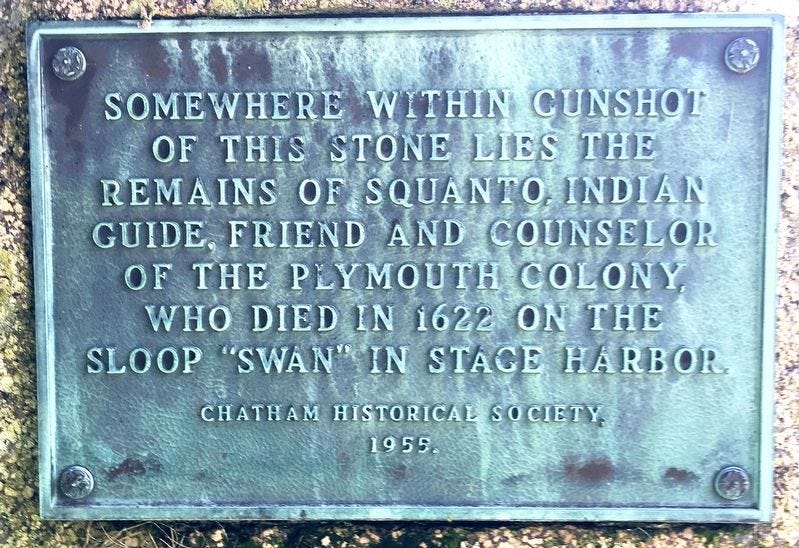Learning or teaching history requires you to take in broad and different viewpoints. The origins of Thanksgiving have a bit of contested history.
Rush Limbaugh has his spin on the Mayflower and the Pilgrims of 1620 (https://rumble.com/v1xdru0-flashback-rush-limbaugh-tells-the-true-story-of-thanksgiving.html) as do the people at Prager U (https://www.prageru.com/video/whats-the-truth-about-the-first-thanksgiving). Limbaugh’s take is shared by others (https://www.americanthinker.com/articles/2024/11/the_pilgrims_abolition_of_socialism.html).
But before the Pilgrims, there was Jamestown settled in 1607, and a Native American known as Pocahontas. She helped settlers and became a Christian herself. She assumed the name Rebecca and married Thomas Rolfe and had a son born in 1615 (https://www.history.com/topics/native-american-history/pocahontas). This story has been somewhat mythologized but the fact Native Americans did convert and interracial marriages took place shows how tolerant people could be. (Her image below)
Local Omaha Deacon Tim McNeil goes a step further and shows the Catholic origins of Thanksgiving (https://archdiocese-of-omaha.read.axioshq.com/p/untitled-newsletter-3/76ae58a5-f39a-473a-ae94-92e1a201a262).
In 1614, Squanto was captured by an Englishman and taken to Spain to be sold as a slave but was rescued by Dominican friars who introduced him to the Catholic faith. They helped him back to England so he could return to his people in America. He later became an interpreter between the Settlers and Native Americans. His peaceful approach leads up to Thanksgiving. Oh, those pesky Dominican friars!
But Christianity in the Americas goes much further (http://domlife.org/BeingDominican/History/Nona_dominicansHistory.htm). The Dominican order arrived in 1526 near the current site of Georgetown, South Carolina. And while the colony failed, the Spanish finally arrived at St. Augustine in 1565 (https://www.history.com/news/st-augustine-first-american-settlement). And it was only established by destroying the French (https://www.legendsofamerica.com/fl-fortcaroline/). Oh, and how did it get named? Pedro Menéndez de Avilés noticed the site on August 28, the Feast of St. Augustine. The City has a rich history (https://www.history.com/news/8-things-you-may-not-know-about-st-augustine-florida).
America and Christianity have a bunch of Thanksgivings to consider.








A great collection of Thanksgiving resources! Thanks so much...and have a great holiday.